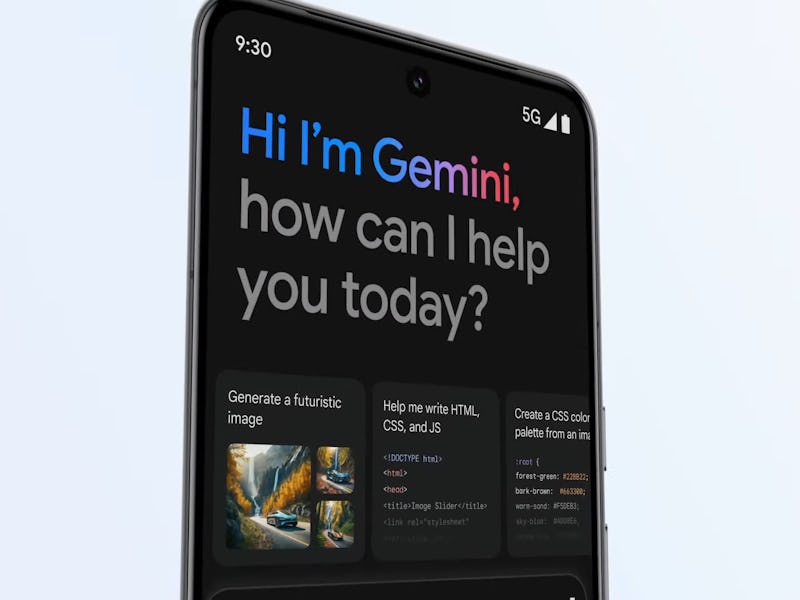Google’s New AI Search Still Has One Big, Glaring Problem
Searching the web might get easier, but will it get better?

Since large language models (LLMs) have exploded onto the AI scene, Microsoft and Google have been setting their sights on how the new wave of chatbots can disrupt searching the web.
First, we got Microsoft’s next-gen Bing, a generative approach to web searching that ended up feeling like an AI chauffeur of sorts. You’re not just searching for recipes or places to go on vacation, Bing is actually helping plan meals or life-changing trips for you.
Now, with Bing in the rearview, it’s time for the big leagues. It’s Google’s turn to lean head-first into AI-powered search with applications that are strikingly similar to what we’ve seen from Microsoft and its all-important, ChatGPT-powered Copilot assistant.
And sure, Google’s new suite of AI features — and Bing’s for that matter — could make searching easier, but in that process, they’re still missing one, big, fat, and monumentally important, point.
Next-Gen Gemini
Before we get into that, let’s talk about exactly what search features Google revealed today at its annual I/O keynote.
For one, Google highlighted a new AI Overview feature that summarizes your web queries in a small, prominently placed box at the top of your resulting page. The idea here is pretty simple: scrolling through search results is laborious and inefficient, so Google is unleashing the power of AI to do the heavy lifting for you.
On a less novel note, Google is also looking to Gemini for more generative queries like the ones I mentioned above — planning meals, trip itineraries, etc... Basically, everything Microsoft has done in Bing and Copilot, but the Google version.
These aren’t just new AI features, they’re a signal from Google that AI search isn’t just an experiment, it’s an inevitability.
These aren’t just new AI features, they’re a signal from Google that AI search isn’t just an experiment, it’s an inevitability. On one hand, making search easier is a noble goal — I think I can speak for almost anyone when I say that wading through the swamp of shoddy Google results for a nugget of useful information is never a fun experience.
On the other hand, it’s entirely missing the point.
The Hard Truth About Truth
The thing about web searching is that it’s not just about being easy. Sure, Googling something is, in a lot of ways, a mechanical behavior at this point — as routine as flipping a light switch or vacuuming your floor — but it’s also a loaded one.
When you’re looking something up on the internet, there’s, oftentimes, a right and a wrong answer, as well as a whole spectrum of gray in between. Searching Google is about information, and sometimes that information is important, which means handing over the keys to AI — which from an age perspective, has barely earned its learner’s permit — should be a nerve-wracking prospect.
Search isn’t exciting, but it’s pretty damn important.
AI, however ground-breaking it may be now or in the future, still has a tendency to hallucinate facts and present them as though they’re the absolute truth. And yes, Google (AI-infused or not) is already a minefield for bad information, but a regular search, which pulls up a page of possible answers, still invites you to peruse varying sources.
AI-powered search, on the other hand, purports to carry out that vetting for you, narrowing your vision of possible answers, and giving the illusion of a more trusted result. It goes without saying that truth is important, and on a scale as big as Google’s, the stakes get even higher.
I want a more seamless search as much as the next Googler, but standards are still paramount. If AI is really ready for the big leagues, Gemini needs to be a better way to search, not just an easier way to find worse answers.